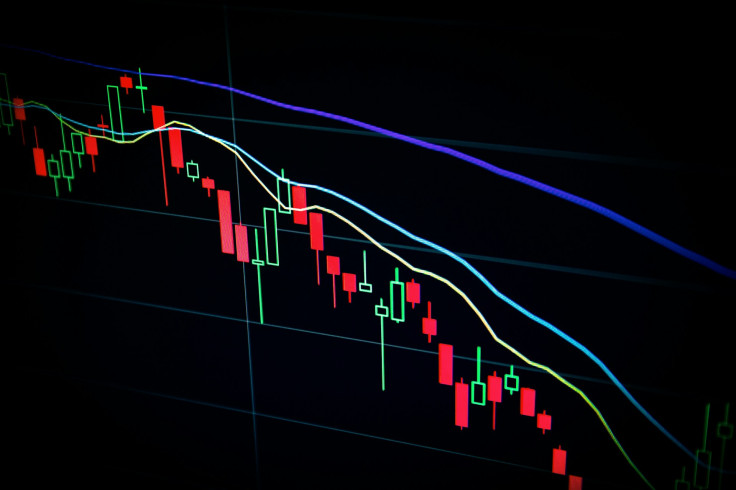Red Friday Chaos: Dow Nosedives as Trump's Tariff Blitz Rattles Wall Street and Amazon Shares CRASH – £2 Trillion in Value at Risk

Financial markets worldwide entered a free fall today, after US President Donald Trump signed an executive order imposing steep new tariffs on imports from 92 countries, ranging from 10% to 41%.
The shock announcement, which included a 35% duty on Canadian goods, reignited fears of escalating trade wars and rattled investor sentiment, sparking a broad sell-off across global indices.
Friday's sharp drop in US futures, plunging Amazon shares, and hurtling market caps reflect rising uncertainties. With $2 trillion in value at risk, markets may remain choppy as they enter next week, especially if negotiations stall and consumer price pressures intensify.
Tech Turmoil: Amazon Shares Crash Amid Weak Outlook

Investors interpreted the move as a sign of escalating trade tensions and responded swiftly. By Friday morning, Dow futures fell by 1.1%, equivalent to around 489 points; S&P 500 futures declined by 1.17%, and Nasdaq-100 futures slid 1.32% ahead of the US market open.
Amazon stock plunged 8.3% in pre-market trading, despite a solid quarterly earnings report, after its cloud segment (AWS) issued weaker-than-expected guidance, rattling investor confidence.
While Apple shares saw a modest gain of around 1.5–2%, executives warned that the tariff package would add $1.1 billion in additional costs this quarter.
Massive Value at Risk: Trillions Shaken by Tariff Shock
The sudden tariff escalation has sent shockwaves across global markets. During the April 2025 'Liberation Day' tariffs, when Trump first unveiled sweeping import duties, US indices shed about $2.4 trillion in market capitalisation in a single trading session.
The current sell-off echoes similar dynamics: rising trade tensions, investor anxiety, and weakening sentiment are undercutting risk appetite. Analysts are now warning that the current gyrations could threaten up to $2 trillion in value, particularly in tech, retail, and industrial stocks that are exposed to global supply chains.
Worsening Economic Crosswinds: Need for Caution
Analysts fear rising tariffs are stoking inflation and compressing corporate margins, particularly for companies reliant on manufacturing in China, India, Vietnam and Bangladesh, whose exports now carry heavy duties.
According to Kiplinger, consumers may soon face rising prices across everyday goods, while investors face tighter margins, slower growth and disrupted supply chains.
Market Commentary: Policy Uncertainty Worsens Volatility
A Financial Times analysis characterises the market response not merely as fear over tariffs, but as volatility fuelled by policy unpredictability. Analysts note that the White House's fragmented messaging adds to investor confusion, increasing risk aversion despite relatively muted volatility indices.
Wall Street veterans liken the late-July sell-off to historical crashes, warning of 'trillions at stake' if policy ambiguity persists. Market analysts noted the week's volatility as significant, with some pointing to increased short-selling activity amid the sell-off.
UK Impact: FTSE and Sterling Feel the Strain
While primary losses hit US markets, Europe and the UK also suffered: the FTSE 100 slid 0.6%, Germany's DAX dropped 1.8%, and France's CAC 40 fell 2.1% on the same jittery session.
Analysts caution that UK-listed firms with intense US exposure, particularly in retail and tech supply chains, risk seeing reduced earnings, lower valuations and greater investor scepticism in the coming weeks.
Outlook: Jobs Report & Trade Talks Signal Next Moves
Markets are now bracing for the July U.S. jobs report, due shortly. Economists expect 110,000 new jobs and a modest rise in unemployment to 4.2%—a figure that could change investor expectations on Federal Reserve interest-rate cuts.
Simultaneously, ongoing trade negotiations with China, the EU, and South Korea, combined with the 90-day extension for Mexico, are making economists hopeful yet wary of eventual tariff relief.
© Copyright IBTimes 2025. All rights reserved.



















